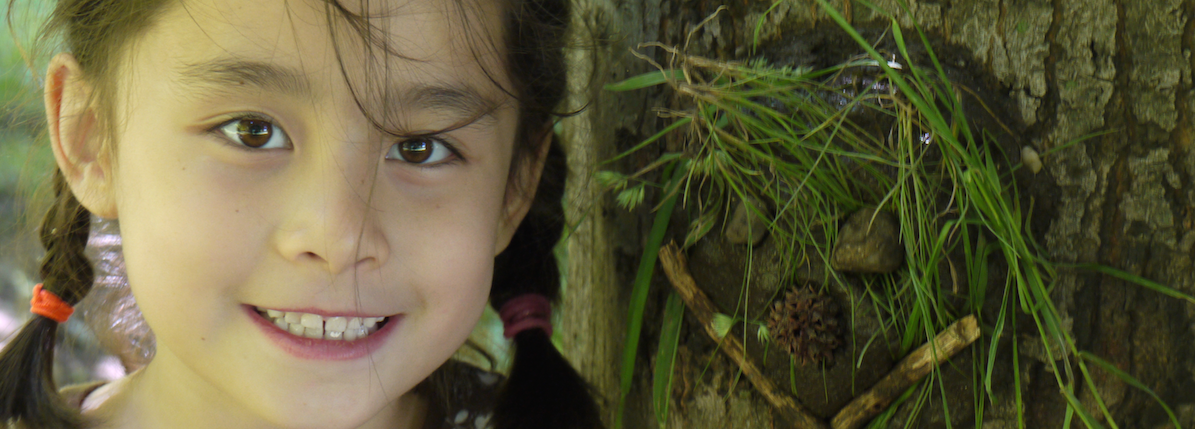What is Self Esteem?
Self esteem can be described as a sense of
who we really are. It does not mean feeling good about ourselves or feeling successful at all times or in all situations. To us, true self esteem has three key components: kids experience and understand their own strengths
and struggles; kids trust that the treasured adults in their lives both understand and value them, including both their strengths and struggles; and that kids believe that they can learn and grow, strengthening both strengths and weaknesses.
How do we help our kids build self esteem? Look for chances to show that we understand their likes, dislikes, abilities and challenges and that we value them for
all of it. How do you find such chances? Great opportunities can be found in activities that are challenging but not too frustrating so that they can both find their limits and experience genuine, well-earned success. Help them as needed but make sure that they still feel ownership over the work and play they are doing. Praise their effort and appear fascinated by their decisions, preferences and passions.
Why does it matter?
Children who have positive self esteem feel like they have something worthwhile to contribute and a sense of internal worth. They are able to take on new challenges, persist towards their goals, work collaboratively with others and welcome life with anticipation and joy. If children have poor self esteem, they will likely struggle or even withdraw from many aspects of learning and may even struggle to find and feel happiness.
New research shows that the ability to accurately and compassionately assess one’s own strengths and weaknesses enables kids not only to become more emotionally balanced but also increases motivation to improve which, ultimately, leads to greater success.

